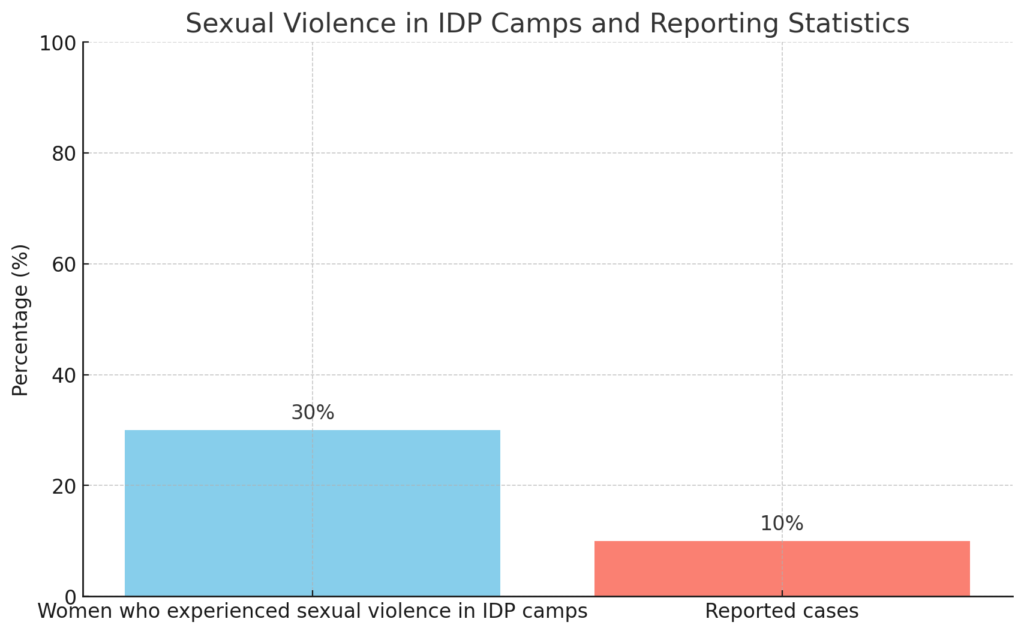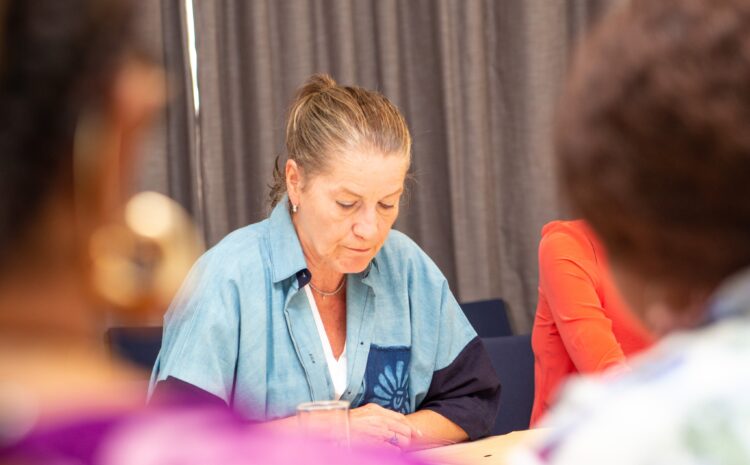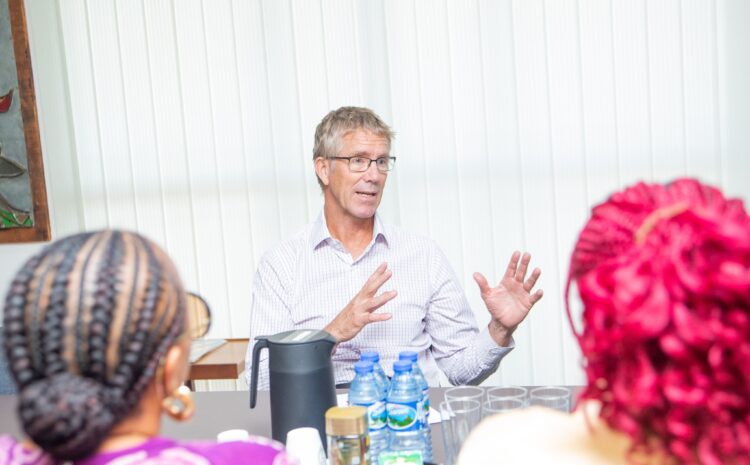1. Résumé exécutif
L'exploitation et les abus sexuels (EAS) sont des problèmes graves qui compromettent la crédibilité de l'aide humanitaire et des efforts de protection. Au Nigeria, où les crises humanitaires sont fréquentes en raison des conflits, des catastrophes naturelles et des défis sociopolitiques, le risque d'EAS est accru. Ce rapport reprend les points clés du webinaire "Prévenir l'exploitation et les abus sexuels dans le travail humanitaire", en soulignant l'ampleur du problème, les stratégies de prévention et les mesures à prendre pour créer un environnement plus sûr et plus responsable.
Le webinaire "Prévenir l'exploitation et les abus sexuels dans le travail humanitaire" visait à sensibiliser et à discuter de stratégies efficaces pour prévenir l'exploitation et les abus sexuels dans le cadre de l'action humanitaire au Nigéria. Plus de 100 représentants d'ONG locales et internationales, d'agences gouvernementales et de leaders communautaires y ont participé. Les principales conclusions ont mis en évidence la prévalence de l'ESE dans les zones touchées par le conflit et les obstacles au signalement. Les discussions ont débouché sur des recommandations concrètes visant à renforcer les politiques, à améliorer les mécanismes de signalement et à faire participer les communautés à des campagnes de sensibilisation. Un plan d'action et un cadre de suivi ont été élaborés pour garantir la mise en œuvre effective des stratégies proposées.
2. Historique/Contexte
L'exploitation et les abus sexuels (EAS) dans le travail humanitaire se réfèrent à toute forme d'abus de pouvoir à des fins sexuelles, où les auteurs profitent de personnes vulnérables à des fins personnelles. Au Nigéria, en particulier dans les régions touchées par les conflits comme le Nord-Est et le Centre-Nord, l'ESE est un problème urgent. La crise humanitaire causée par l'insurrection de Boko Haram et les conflits intercommunautaires a déplacé plus de 2,7 millions de personnes, ce qui les rend vulnérables à l'exploitation.
Les statistiques indiquent que plus de 30% des femmes dans les camps de déplacés ont subi une forme de violence sexuelle, et que seuls 10% de ces cas ont été signalés. Le rapport 2022 du Bureau national des statistiques fait état d'une augmentation de 22% des cas d'EES dans les contextes humanitaires par rapport à l'année précédente.

Cette augmentation est alarmante et appelle à une action urgente pour améliorer les mécanismes de sauvegarde au sein des opérations humanitaires et les systèmes de soutien aux survivants.
Des obstacles tels que la peur de la stigmatisation, la méconnaissance des voies de signalement et l'insuffisance des services de soutien contribuent à ce que les cas d'EES ne soient pas signalés. La résolution de ces problèmes nécessite des efforts coordonnés entre les organisations humanitaires, les organismes gouvernementaux et les communautés locales.





